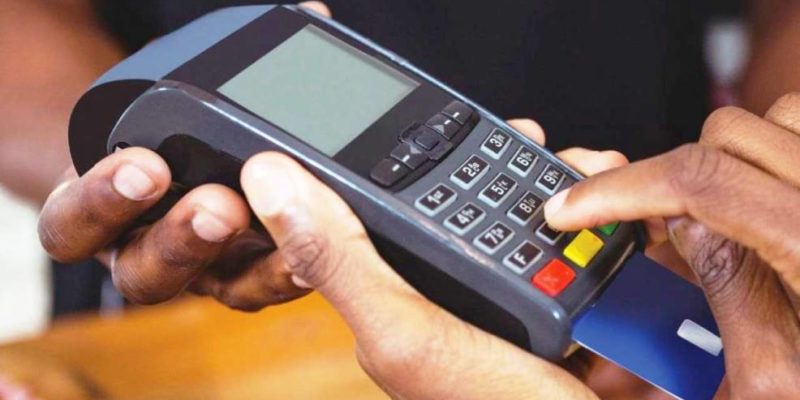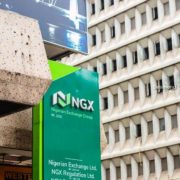CBN Mandates GPS Tracking for PoS Terminals
The Central Bank of Nigeria (CBN) has ordered GPS tracking installation on all PoS terminals nationwide. Now, banks, fintechs, and licensed payment operators must geo-tag PoS devices within 60 days to remain compliant. With the the directive, signed by Rakiya Yusuf, the CBN targets fraud prevention in Nigeria’s digital payments ecosystem. This policy will strengthen PoS security, ensure traceable transactions, and boost confidence in Nigeria’s financial system.
RELATED: Quick News: POS Terminal deployment in Nigeria now 2.68m – NIBSS
According to the CBN, all existing and new PoS devices must be geo-tagged, with non-compliant terminals facing deactivation after the October 20, 2025 deadline.
Geo-Tagging to Improve Security and Transparency
Under the new directive, each PoS terminal must include native geolocation features and double-frequency GPS receivers for precise tracking. Every transaction will require geo-location data at the point of initiation, with activity outside a 10-metre radius of the registered merchant address automatically flagged.
The CBN stressed that this initiative will ensure all terminals are traceable. It will also eliminate ghost or cloned devices, and strengthen real-time monitoring of electronic transactions.
Registration with Payment Aggregators Required
Banks and fintech operators, including Moniepoint, OPay, and PalmPay, must register each PoS device with a Payment Terminal Service Aggregator (PTSA). Operators are also required to provide accurate merchant coordinates before certification and activation of new devices.
Failure to comply will result in immediate suspension of transaction processing privileges for the affected terminals.
Part of Broader Digital Payment Modernisation Plan
The CBN explained that the GPS tracking mandate is part of a broader effort to modernise Nigeria’s payment ecosystem, improve consumer protection, and ensure financial transactions are secure and fully traceable.
Geofencing technology will enable operators to monitor devices live, set perimeters, and receive notifications when a terminal leaves its registered location—providing stronger control and fraud prevention.
While GPS-enabled PoS tracking is not a universal standard globally, Nigeria joins a growing list of regulators prioritising advanced monitoring systems to safeguard electronic payments.






























